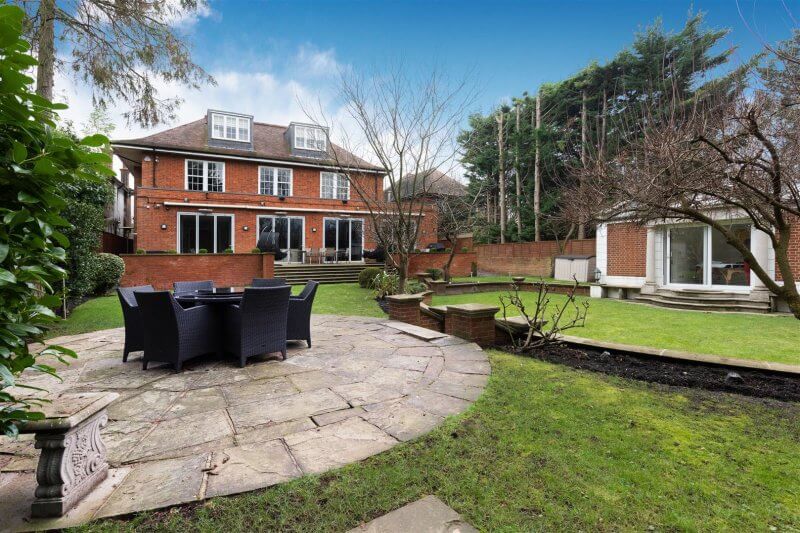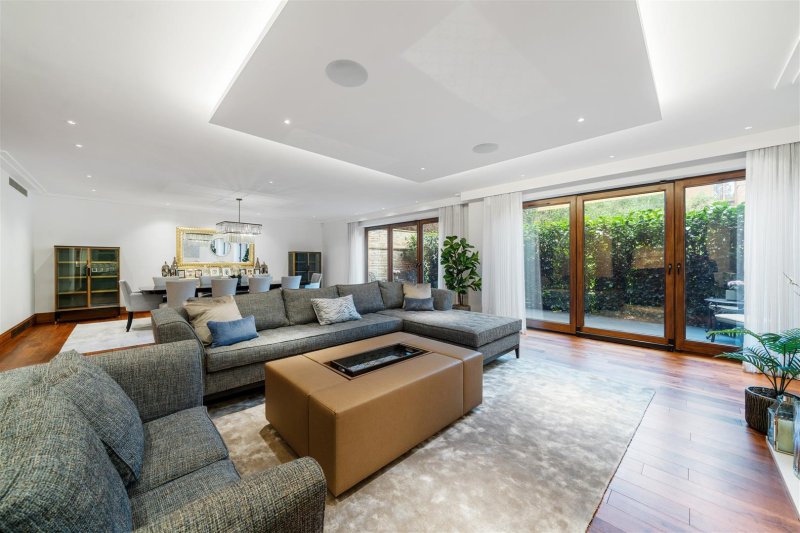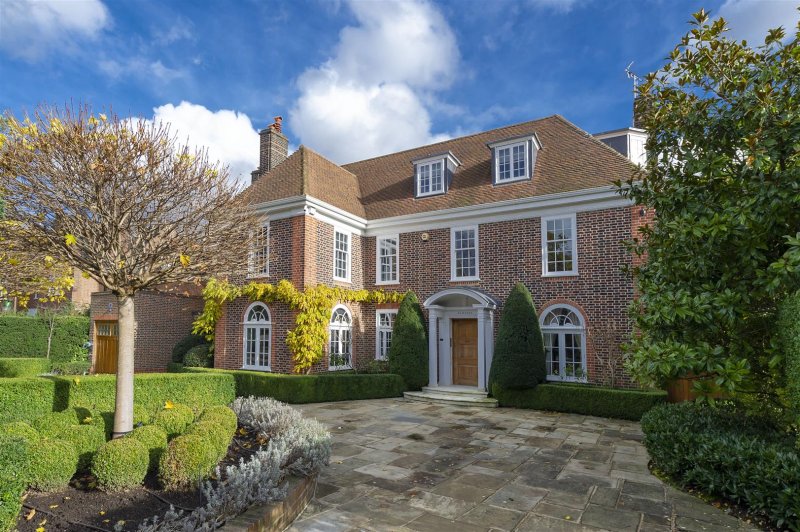Not just in the UK but across the world, Bishops Avenue is hailed as one of the wealthiest streets. Nicknamed Billionaires’ Row, this sought-after location is renowned for its luxurious properties and extravagant lifestyles.
Bishops Avenue is nestled comfortably between Kenwood, Hampstead Heath and East Finchley. From elegant mansions to contemporary penthouses, each residence boasts stunning architectural design, premium amenities, and sprawling grounds. It goes without saying that owning property there would be incredibly exclusive and prestigious in the UK.
A quick glance at the properties for sale in Bishops Avenue.
Allingham Court, N2, Bishops Avenue

This spectacular lateral garden apartment is upscale and is ideal for those looking for a high-end lifestyle. Each apartment has been designed with a blend of modern and contemporary finishes. It is fully air-conditioned and has been interior decorated to a high standard including rare marble in the bathrooms. Rooms are generously sized and include a reception room, dining room, separate utility room and reception hallway, in addition to a master bedroom with a large bathroom. The terrace leads to beautiful landscaped gardens. Common amenities include concierge service, security, swimming pool, sauna, gym, underground parking and storage in the basement.
Crossways, N2, Bishops Avenue

This 1592 sq ft apartment is a stunner with luxurious and well-appointed apartments amidst elegantly manicured communal gardens. The gated entrance adds to the regal element of the property that offers lateral spaces with opulent apartments and stunning penthouses. The apartments have the highest standard internal finish, in addition to their elegant and classic façade. Residents will have access to secure underground parking, hotel-style concierge service and extra private storage. The property is in close proximity to the Market Place, Hampstead Heath, East Finchley Tube Station and Highgate villages.
N2, Bishops Avenue

This 700 sq m fine mansion is the perfect family residence, double fronted and detached, spread across three floors. In addition to seven bedrooms and eight bathrooms, there is a kitchen, four reception rooms, a gym and quarters for staff. On the outside, there is a luxurious terrace facing a rear garden and a summer house with a sauna, gym and shower. It is close to Highgate, Hampstead, Kenwood and Hampstead Heath.






